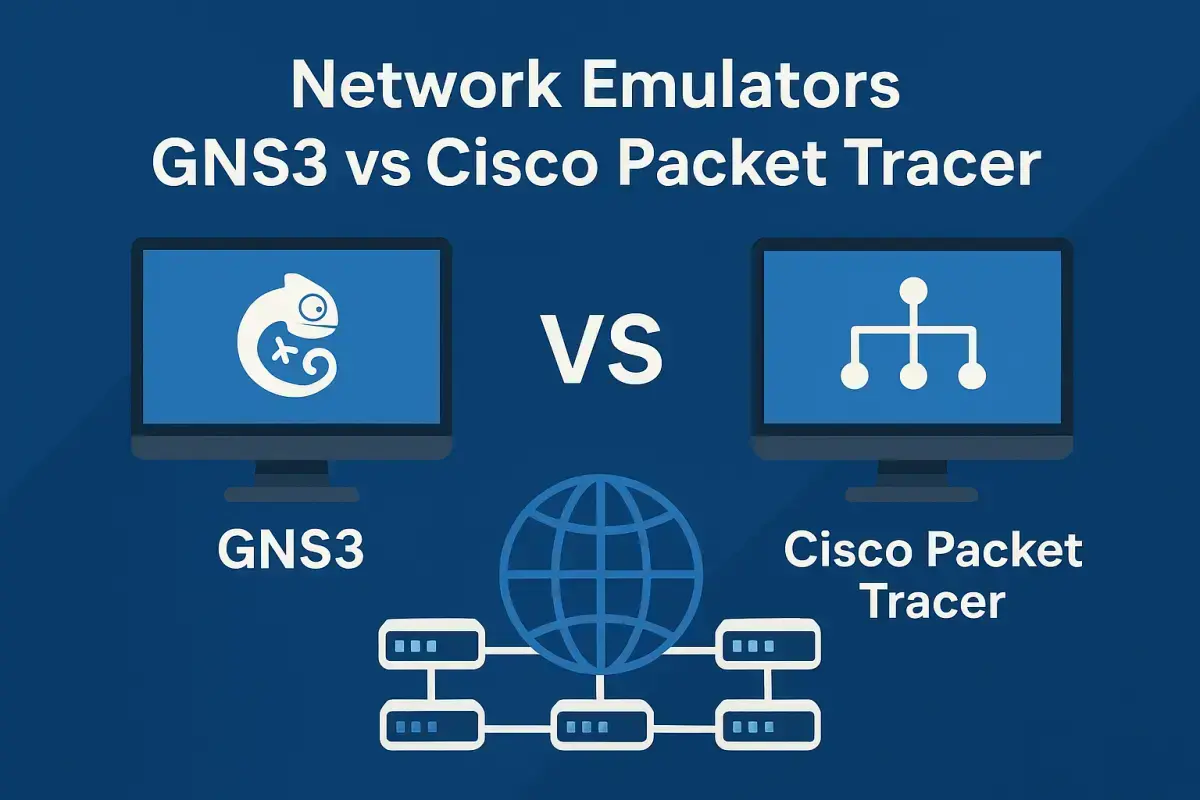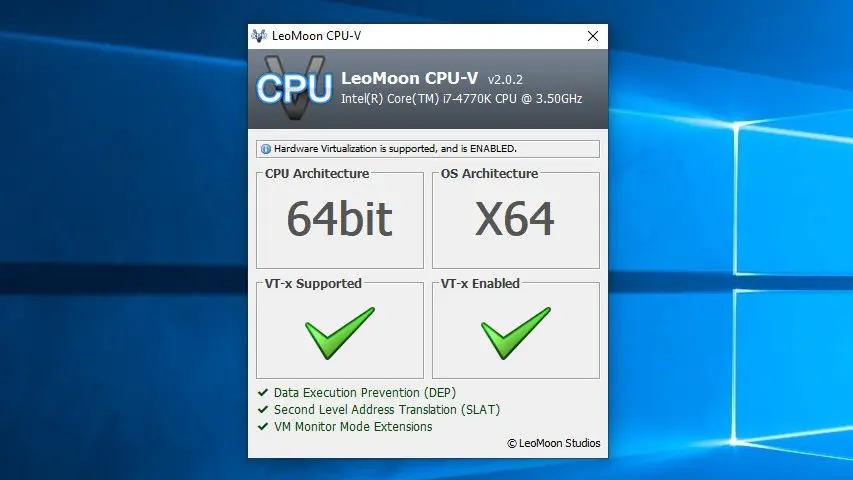In today’s digital world, the word “emulator” is often thrown around in conversations about gaming, software testing, or even network simulations. But what exactly is an emulator, and why has it become such a valuable tool for both everyday users and professionals?
This article explores the concept of emulators in depth—covering what they are, the different types available, and how they’re being used in daily life across industries.
What Is an Emulator?
At its core, an emulator is a piece of software (or sometimes hardware) that enables one system to imitate another. In simple terms, it allows your computer, smartphone, or other device to run applications, programs, or games that were originally designed for a completely different platform.
Think of it as a “translator” between two systems. For example:
- A PlayStation emulator allows your PC to run PlayStation games.
- An Android emulator enables you to run Android apps on your computer.
- A network emulator lets you mimic the behavior of routers and switches for training and testing purposes.
The magic of emulation lies in the way it bridges gaps between technologies, making old systems usable again, and giving people access to tools they wouldn’t normally have.

The Main Types of Emulators
Emulators come in many forms, each designed for specific needs. Let’s break down the most common categories:
1. Game Console Emulators
Perhaps the most popular type, console emulators allow users to relive classic gaming experiences on modern devices.
- Examples: Dolphin (GameCube/Wii), PCSX2 (PlayStation 2), RPCS3 (PlayStation 3), PPSSPP (PSP).
- Everyday Use: Gamers use these to revisit nostalgic titles, improve graphics beyond the original hardware capabilities, or play on devices they already own instead of buying old consoles.
2. Android Emulators
These are used to replicate Android devices on PCs or Macs.
- Examples: BlueStacks, NoxPlayer, MEmu, LDPlayer, Google Play Games for PC.
- Everyday Use: App developers test their apps before publishing them. Regular users run mobile games like PUBG Mobile or TikTok apps directly on their PCs for convenience.
3. Operating System Emulators
These simulate entire operating systems, making it possible to run one OS within another.
- Examples: VirtualBox, VMware, QEMU.
- Everyday Use: IT professionals test Linux on Windows machines without having to dual boot, while security researchers run isolated environments to safely analyze software.
4. Network Emulators
These are widely used in education and IT training. They mimic the behavior of complex networks without requiring physical hardware.
- Examples: Cisco Packet Tracer, GNS3, eNSP by Huawei, OMNeT++.
- Everyday Use: Students preparing for networking certifications use them to practice building networks virtually. Companies also use them to test network configurations before applying changes in real-world environments.
5. Legacy System Emulators
Sometimes, businesses or enthusiasts need to run software from outdated systems that are no longer supported.
- Examples: DOSBox (for DOS applications), WinUAE (Amiga), Basilisk II (Macintosh).
- Everyday Use: Running old business applications, accessing archival data, or playing retro games that only existed on now-obsolete systems.
Everyday Uses of Emulators
While emulators may seem like niche tools, their everyday applications are far-reaching:
- Gaming Nostalgia & Accessibility
- Emulators preserve the gaming history of past decades. Instead of letting old classics disappear, gamers can relive their childhood favorites on laptops, tablets, or even smartphones.
- App Development and Testing
- Developers don’t need to own every single Android or iOS device. With emulators, they can test how their app performs on multiple screen sizes, operating systems, and configurations—all from their computer.
- Education and Training
- Network emulators provide a safe, cost-effective way for students to learn about complex systems. Instead of buying expensive hardware, learners can practice in a virtual lab.
- Productivity and Cross-Platform Compatibility
- Imagine needing a Windows-only program while using a Mac. With the right emulator, you can run that software without switching devices.
- Security and Research
- Cybersecurity professionals often use emulated environments (sandboxing) to test malware in isolation. This ensures threats don’t infect their main operating system.
The Benefits and Limitations of Emulators
Like any technology, emulators have their strengths and weaknesses.
Benefits:
- Cost-effective: No need to buy multiple devices or hardware.
- Accessibility: Run software across different platforms.
- Preservation: Keep older systems and games alive.
- Flexibility: Safe testing environments for professionals.
Limitations:
- Performance: Emulated software may run slower than on original hardware.
- Compatibility issues: Not all applications or games work perfectly.
- Legal concerns: Downloading game ROMs without owning the original copy may violate copyright laws.
Final Thoughts
Emulators are far more than just tools for gamers—they are bridges between past and present, physical and virtual, expensive and accessible. Whether you’re a student learning about networks, a developer testing apps, or simply someone who wants to relive a childhood game, emulators offer an affordable, flexible solution.
As technology advances, the gap between real systems and their emulated counterparts continues to shrink, making emulators an increasingly essential part of modern digital life.





![Best Android Emulator for Low-End PCs [2025]](/storage/blog/images/best-android-emulator-for-low-end-pcs-2025-1_SsFbyyId.webp)

